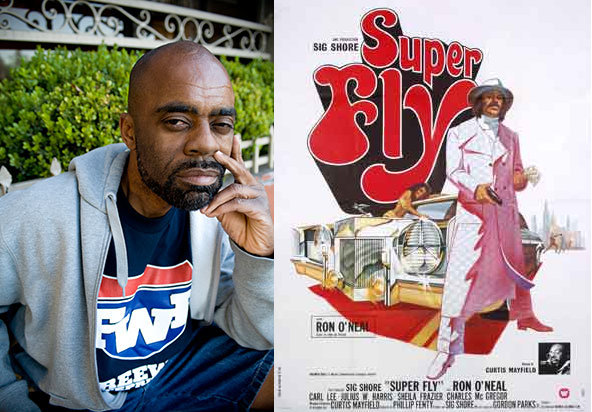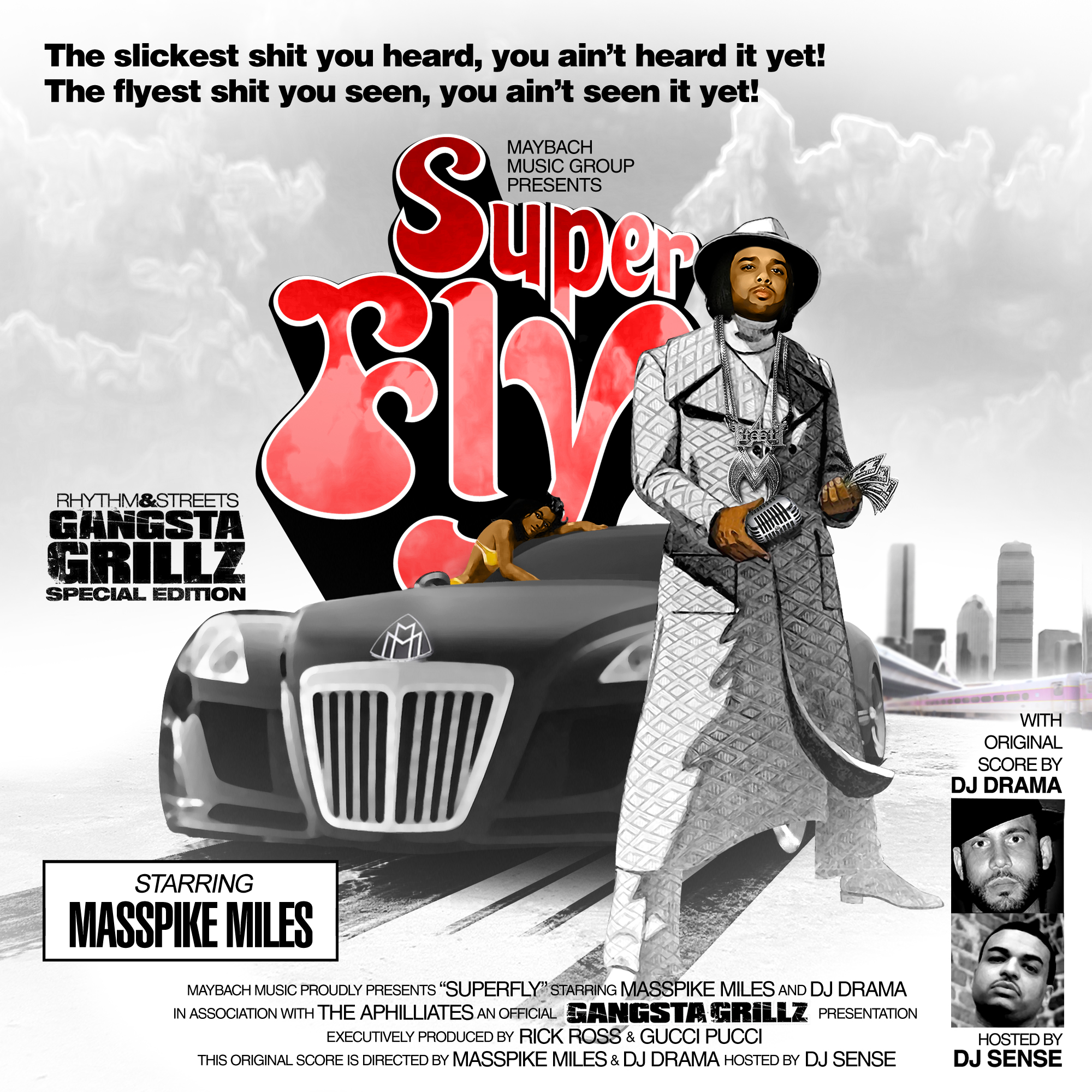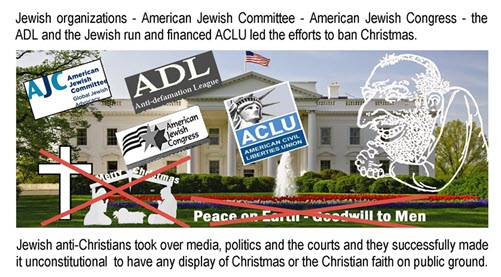By Dr. Patrick Slattery — I spent part of Saturday evening watching Dr. Duke’s interview with Ray Suarez on Al Jazeera. In spite of the obvious selective editing, Dr. Duke once again proved himself to be an eloquante and persuasive spokesman for the rights of not just the European people but all peoples. Regarding African Americans, Dr. Duke repeated his contention about the damage that is inflicted on them by the glorification of drugs and violence that the Zio media aims at them. It was a point that did not seem to impress Mr. Suarez.
After the program ended, I left the television tuned to Al Jazeera as I reflected on Dr. Duke’s interview. Then I noticed that the next program was a documentary about the explosion of crack cocaine in Los Angeles in the 1980s. The main subject of the documentary was “Freeway” Rick Ross, a notorious drug kingpin who spent 20 years in federal prison and now claims, with ample evidence, that his operations were part of the Iran Contra scandal. (“Freeway” Rick Ross should not be confused with the Zio gangsta rapper Rick Ross, who appropriated his name in order to lend some sort of street cred to his songs that glorify drugs and violence and misogyny.)
What really grabbed my interest was Rick Ross’s explanation of why he became a drug dealer. These are his words:
“I went and saw a movie called Super Fly. He was probably the most successful black guy I had ever saw. This guy stuck in my mind so heavily. I mean, it was like it became a burning desire in my heart to be like this guy. So that started me to be interested in Cocaine.”

For those of you unfamiliar with Super Fly, it was one of the early “Blaxploitation” films of the early 1970s — Jewish produced films aimed at black audiences that proported to “empower” them but were often opposed by black organizations as selling black youth on the most negative aspects of the black stereotype. The soundtrack to Super Fly, by Curtis Mayfield, was extremely successful and is one of the few in history that actually outgrossed its movie. Curtis Mayfield’s lyrics had a strong anti-drug message. The movie, on the other hand, had little box office success outside black neighborhoods, and glorified drugs.
“Freeway” Rick Ross was released from federal penetentury in 2009, and he now spends his days trying to teach young blacks not to follow in his footsteps. He is also suing gangsta rapper Rick Ross to get his name back. Rapper Rick Ross runs the music lable Maybach Music Group, which is owned by Warner Music Group which in turn is owned by Soviet-born Jew Leonard Blavatnik. Far from trying to keep black kids away from drugs, rapper Rick Ross was executive producer of an album by Masspike Miles that utilized the Super Fly name and even the Super Fly movie poster, without any objection from Warner Brothers.

“Freeway” Rick Ross, by the way, was a kingpin’s kingpin. His empire is included 42 cities. According to Esquire Magazine,
“Between 1982 and 1989, federal prosecutors estimated, Ross bought and resold several metric tons of cocaine. In 1980 dollars, his gross earnings were said to be in excess of $900 million – with a profit of nearly $300 million. Converted roughly to present-day dollars: 2.5 billion gross, and $850 million in profit, respectively.”
It shouldn’t come as a surprise that the young people, whether black or white, are greatly influenced the media. When Miley Cyrus got a stupid hair cut last year, I saw more young girls immitate her than I care to remember. So if you want proof about Dr. Duke’s ascertion that the Zio media is responsible for countless deaths and wasted lives in the black community, just ask Rick Ross.





